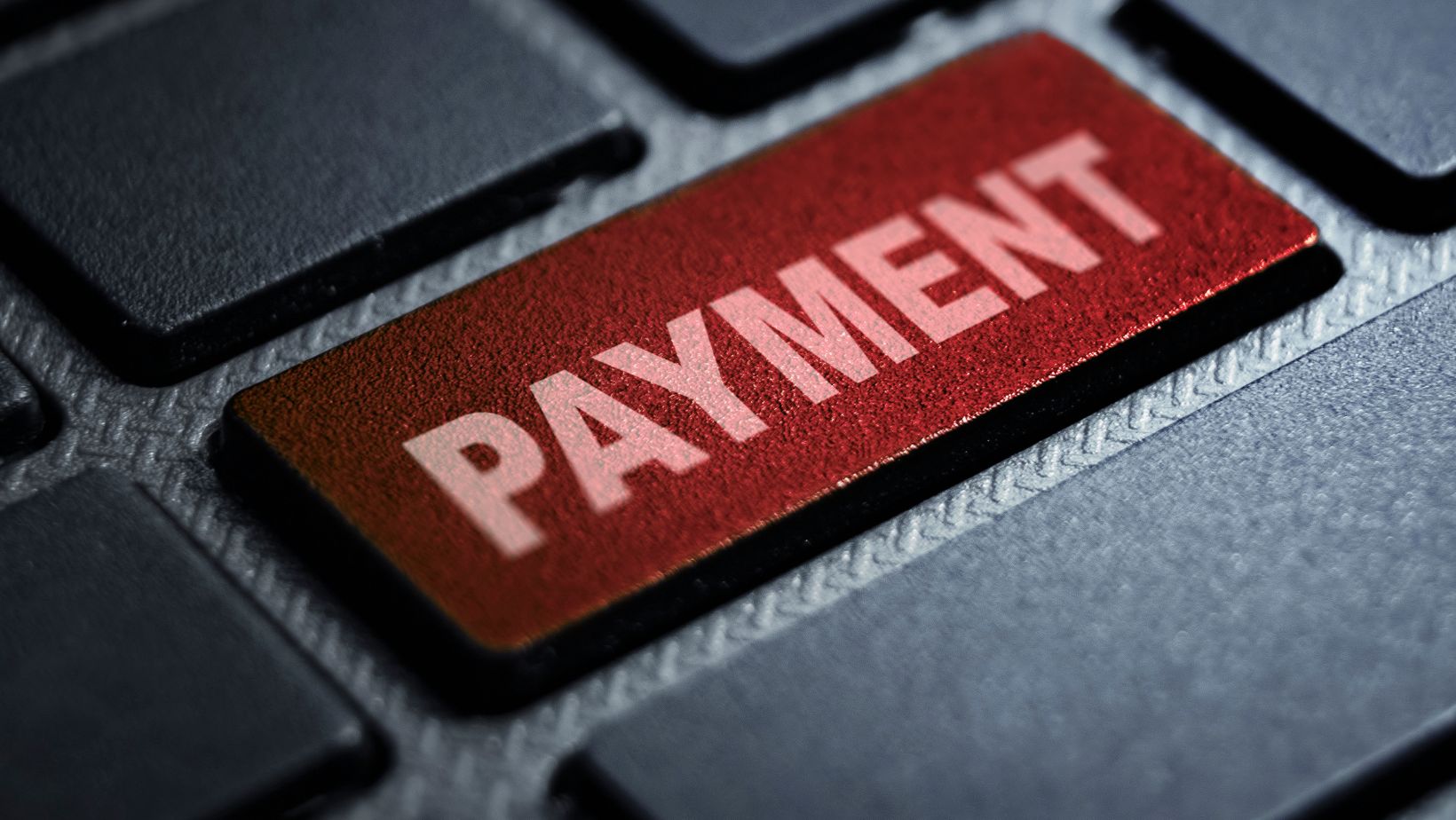 Choosing the right payment processor for your online store is one of the most important decisions you’ll make as a business owner. It impacts your store’s customer experience, security, and profitability. With the growing number of options available, finding the right payment solution can seem overwhelming. This guide will walk you through the essential factors to consider when selecting a payment processor to ensure seamless transactions and optimal performance for your e-commerce business.
Choosing the right payment processor for your online store is one of the most important decisions you’ll make as a business owner. It impacts your store’s customer experience, security, and profitability. With the growing number of options available, finding the right payment solution can seem overwhelming. This guide will walk you through the essential factors to consider when selecting a payment processor to ensure seamless transactions and optimal performance for your e-commerce business.
-
Understand Your Business Needs
Before diving into the details of different payment processors, it’s essential to evaluate your specific business needs. Every online store is unique, and the right payment solution depends on various factors, such as:
- Transaction volume: High-volume businesses may benefit from lower transaction fees or custom pricing models.
- Target audience: Consider the geographical location of your customers and ensure your payment processor supports the currencies and payment methods they prefer.
- Types of products or services: Some processors may specialize in physical goods, while others excel in handling digital services or subscription models.
Understanding these key aspects will help you shortlist the payment processors that cater specifically to your requirements.
-
Transaction Fees and Pricing Structures
The cost of using a payment processor is often a primary concern for online store owners. Most processors charge a combination of per-transaction fees, monthly fees, and additional charges for specific services.
- Per-transaction fees: Typically a percentage of the sale (e.g., 2.9%) plus a flat fee (e.g., $0.30 per transaction).
- Monthly fees: Some processors charge a monthly fee for access to their service or offer premium packages with more advanced features.
- Additional fees: Be aware of potential hidden costs like chargeback fees, currency conversion charges, or fees for using third-party payment gateways.
To make an informed decision, compare the pricing structures of different processors, including MYOB online payments, and calculate how much each would cost based on your average sales volume and ticket size.
-
Security and Fraud Protection
Online security is crucial for protecting both your business and your customers. A reputable payment processor should provide industry-standard security measures such as:
- PCI compliance: Ensure that the payment processor complies with the Payment Card Industry Data Security Standard (PCI DSS) to safeguard cardholder data.
- Fraud prevention tools: Look for processors that offer fraud detection systems, chargeback prevention tools, and data encryption to prevent unauthorized access.
- Two-factor authentication (2FA): This adds an extra layer of security to the transaction process, reducing the risk of fraud.
When evaluating potential payment processors, always prioritize those that emphasize security and offer robust protection measures.
-
Supported Payment Methods
Today’s consumers expect flexibility in how they can pay for their purchases. Offering a variety of payment options can help reduce cart abandonment and increase conversion rates. Make sure your payment processor supports multiple payment methods, including:
- Credit and debit cards: The most common payment methods for online transactions.
- Digital wallets: Options like PayPal, Apple Pay, and Google Pay are increasingly popular for their convenience.
- Buy Now, Pay Later (BNPL): Services like Afterpay or Klarna allow customers to spread their payments over time, boosting sales and customer satisfaction.
- Alternative payments: Depending on your target market, you may need to consider regional payment methods, such as Alipay or iDEAL.
The more payment options you offer, the more accessible your store will be to a broader audience.
-
Ease of Integration and User Experience
A seamless integration between your payment processor and online store is essential for maintaining an efficient checkout experience. Some payment processors offer simple plug-and-play solutions, while others may require more technical expertise for setup. Factors to consider include:
- Compatibility with e-commerce platforms: Ensure the processor integrates easily with your chosen platform, whether it’s Shopify, WooCommerce, Magento, or a custom-built solution.
- Mobile optimization: With more shoppers using mobile devices, a mobile-friendly payment solution is crucial for reducing friction at checkout.
- Customization options: Some payment processors allow you to customize the checkout process to match your store’s branding, enhancing the user experience.
The smoother and faster the checkout process, the better the experience for your customers, leading to higher conversion rates.
-
Customer Support and Reliability
When dealing with payments, having access to reliable customer support can make all the difference. Choose a payment processor with:
- 24/7 customer support: Payment issues can happen anytime, and you’ll want to resolve them quickly to avoid disruption to your business.
- Multiple support channels: Look for processors that offer support through live chat, email, or phone.
- Reliability and uptime: The processor should have a track record of minimal downtime, ensuring that customers can always complete transactions without delay.
Having dependable customer support and a reliable payment system will give you peace of mind and help maintain a positive shopping experience for your customers.
-
Scalability and Growth Potential
Choose a processor that can scale with your business and offer additional features as required, such as:
- International payments: If you plan to expand into new markets, you’ll need a processor that supports multiple currencies and cross-border transactions.
- Advanced reporting tools: As your business grows, detailed analytics and reporting features will become valuable for tracking sales trends and financial performance.
- Subscription management: For businesses that rely on recurring revenue, consider payment processors that offer built-in subscription management tools.
Ensuring that your payment processor can adapt to your growing needs will save you time and effort in the long run.
Conclusion
Choosing the right payment processor for your online store requires careful consideration of your business needs, security features, supported payment methods, and customer support. By taking these factors into account, you’ll be able to select a processor that aligns with your goals and delivers a smooth, secure payment experience for your customers. Whether you’re just starting or looking to scale, solutions like MYOB online payments can offer the flexibility and features needed for long-term success.
















